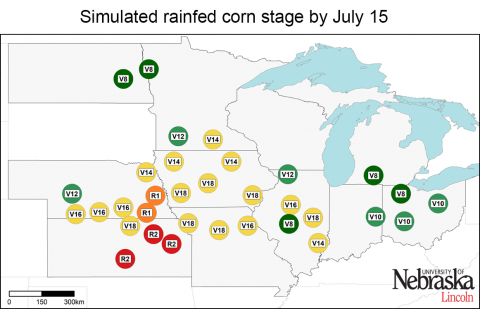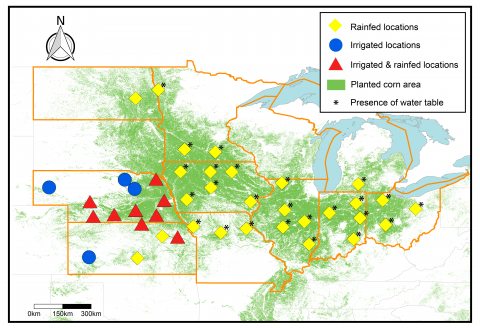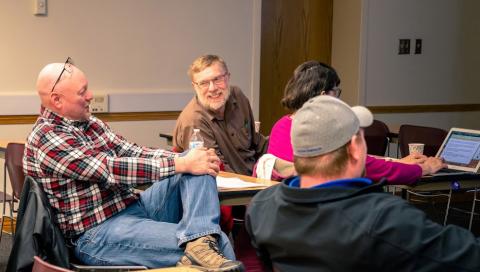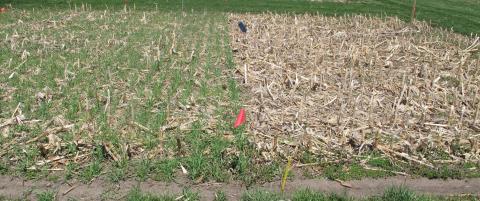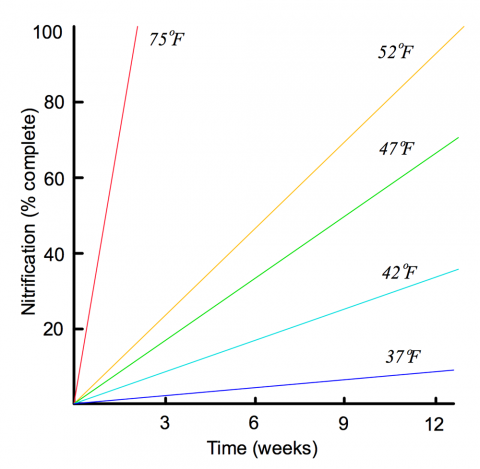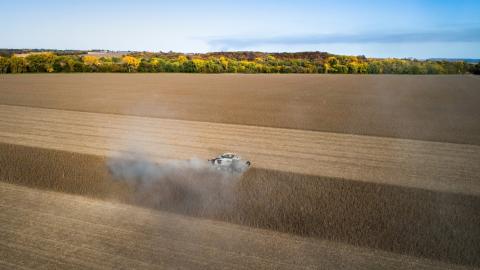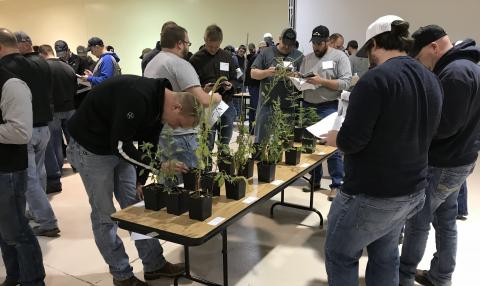2019 Corn Yield Forecasts as of July 15
July 19, 2019
Corn is still in vegetative stages across much of the Corn Belt. At this point, delayed planting doesn't appear to have affected yields at irrigated sites. Yields for rainfed sites vary considerably, with those on the western edge trending above normal.
2019 Corn Yield Forecasts: Approach and Interpretation of Results
July 8, 2019
Agronomists address how the Corn Yield Forecast Center develops yield forecasts, what to expect during the growing season, and how to use the forecasts to inform farm decisions. Tables detailing soil types and crop management for each of the 41 locations are included.
Study Highlights Motivations and Impact of Participating in an On-Farm Research Network
May 31, 2019
Forty Nebraska growers participating in the On-Farm Research Network recently shared why they conduct on-farm research and what it's meant to be part of a group of researchers. The results, published in the Agronomy Journal, illustrate a range of benefits, including cost savings and economic gains.
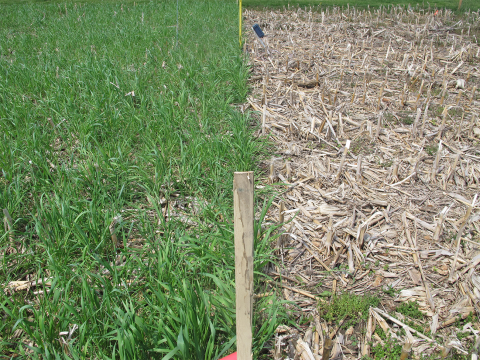
Soybean Germination/Emergence with April Planting Dates Relative to Coincident Air and Soil Temperatures in April and May
May 16, 2019
A closer look at air and soil temperatures in April and soybean germination and emergence from 10 planting dates did not find chilling injury, despite periods below 50°F. Further research is needed to better understand the imbibitional period in soybean.
Considerations when Planting Soybean Early
April 25, 2019
If you're planning to get an early start on your soybean planting, be sure to check for recommended soil temperatures and the forecast for the coming 48 hours to ensure optimal conditions for achieving good emergence.
Anhydrous Ammonia Conversion
April 18, 2019
The environmental conditions allowing for anhydrous injury in 2018 are different then what we are experiencing this year. This brief looks at factors affecting the conversion from ammonia to usable soil nitrate.
Study Area Expanded for Growers Interested in Participating in Soybean Yield Gap Research
March 28, 2019
The Nebraska On-Farm Research Network (NOFRN) has expanded the area where it is seeking 20 farmers to study how to optimize soybean yields. Here's more on the practices being studied and what's needed from the growers and the university researchers.
Crop Scout Training for Pest Managers March 5
February 13, 2019
This course, to be held at the Eastern Nebraska Research and Education Center near Mead, is ideal for new employees preparing to take the Certified Crop Advisor (CCA) exam and serves as an excellent refresher course for experienced personnel.

